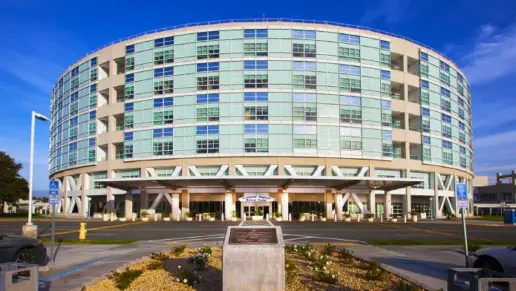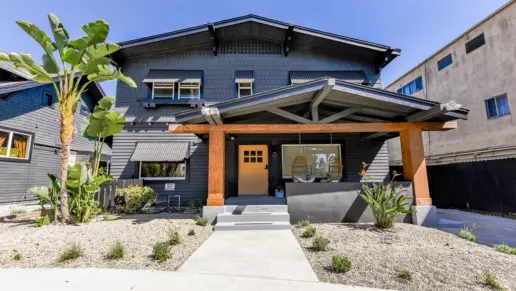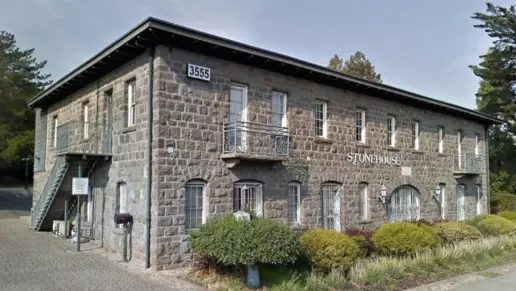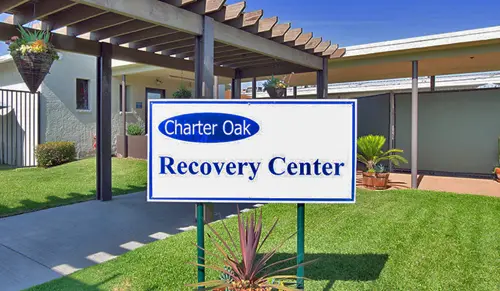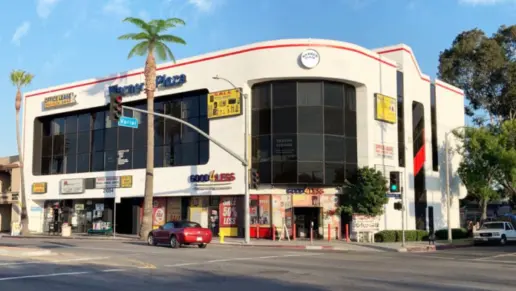been GREAT it is very nice and the counselors are nice
About La Via Wellness and Recovery
In late 2023, Pacific Clinics closed Via66, a substance use and co-occurring mental health disorder treatment center on Hulbert Street in Pasadena, California. They relocated the clinic to Fair Oaks Avenue in South Pasadena and christened it with a new name: La Via Wellness and Recovery.
The new center offers programs and support for all ages, including mental health and substance use disorder treatment, employment services, housing support services, and Head Start programs. Payment shouldn’t be an obstacle at the clinic since the center accepts Medicare, Medicaid, and county and local government funds.
Serving Multicultural Communities in South Pasadena
The clinic in South Pasadena is only five minutes from the beautiful Norton Simon Museum and the charming cafes and shops of old downtown. Staff at the facility takes a client centered approach with programs tailored to individual client needs. I love that the staff is culturally relevant and respectful of each client’s background.
They have linguistically responsive services and programs. The Hye Wrap Program supports the Latino and Armenian communities while the Asian Pacific Family Center supports Pacific Islanders and Asian Americans. They specialize in suicide prevention through the Latino Youth Services program.
Supportive Mental Health and SUD Treatment in Southern California
The SUD programming includes cognitive behavioral therapy (CBT), motivational enhancement therapy, and recovery skills. SUD treatment includes holistic therapies such as meditation and mindfulness. Depending on your treatment plan, you may participate in individual therapy, group therapy, or both.
What strikes me about this facility is the cutting edge transcranial magnetic stimulation treatment offered at this location. It’s noninvasive and uses magnetic pulses to stimulate targeted areas of the brain. The treatment is effective for clients who haven’t responded to psychiatric medications and therapy for depression.
Prevention and Early Intervention in the San Gabriel Valley
The prevention and early intervention program (PEI) uses effective strategies to reduce the impact of mental health problems and substance use in the community. PEI services include parent coaching and workshops, behavioral support, and individual therapy. PEI enhances communication skills, boosts teens’ self esteem, and helps them manage stress.
Rehab Score
Gallery
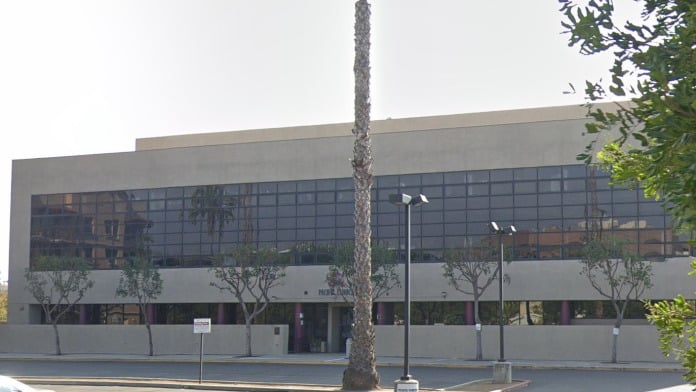
Other Forms of Payment
Medicaid is a state based program that helps lower-income individuals and families pay for healthcare. Medicaid covers addiction treatment so those enrolled can use their coverage to pay for rehab. When a program accepts Medicaid the client often pays very little or nothing out of their own pocket.
Medicare is a federal program that provides health insurance for those 65 and older. It also serves people under 65 with chronic and disabling health challenges. To use Medicare for addiction treatment you need to find a program that accepts Medicare and is in network with your plan. Out of pocket costs and preauthorization requirements vary, so always check with your provider.
Addiction Treatments
Levels of Care
 Outpatient
Outpatient
Treatments
Many of those suffering from addiction also suffer from mental or emotional illnesses like schizophrenia, bipolar disorder, depression, or anxiety disorders. Rehab and other substance abuse facilities treating those with a dual diagnosis or co-occurring disorder administer psychiatric treatment to address the person's mental health issue in addition to drug and alcohol rehabilitation.
Mental health rehabs focus on helping individuals recover from mental illnesses like bipolar disorder, clinical depression, anxiety disorders, schizophrenia, and more. Mental health professionals at these facilities are trained to understand and treat mental health issues, both in individual and group settings.
Programs

Adult Program

LGBTQ Program

Young Adult Program
Clinical Services
Cognitive Behavioral Therapy (CBT) is a therapy modality that focuses on the relationship between one's thoughts, feelings, and behaviors. It is used to establish and allow for healthy responses to thoughts and feelings (instead of unhealthy responses, like using drugs or alcohol). CBT has been proven effective for recovering addicts of all kinds, and is used to strengthen a patient's own self-awareness and ability to self-regulate. CBT allows individuals to monitor their own emotional state, become more adept at communicating with others, and manage stress without needing to engage in substance abuse.
Research clearly demonstrates that recovery is far more successful and sustainable when loved ones like family members participate in rehab and substance abuse treatment. Genetic factors may be at play when it comes to drug and alcohol addiction, as well as mental health issues. Family dynamics often play a critical role in addiction triggers, and if properly educated, family members can be a strong source of support when it comes to rehabilitation.
Group therapy is any therapeutic work that happens in a group (not one-on-one). There are a number of different group therapy modalities, including support groups, experiential therapy, psycho-education, and more. Group therapy involves treatment as well as processing interaction between group members.
In individual therapy, a patient meets one-on-one with a trained psychologist or counselor. Therapy is a pivotal part of effective substance abuse treatment, as it often covers root causes of addiction, including challenges faced by the patient in their social, family, and work/school life.
Trauma therapy addresses traumatic incidents from a client's past that are likely affecting their present-day experience. Trauma is often one of the primary triggers and potential causes of addiction, and can stem from child sexual abuse, domestic violence, having a parent with a mental illness, losing one or both parents at a young age, teenage or adult sexual assault, or any number of other factors. The purpose of trauma therapy is to allow a patient to process trauma and move through and past it, with the help of trained and compassionate mental health professionals.
Staff
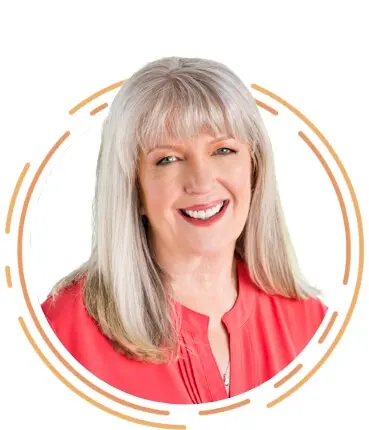
Kathy McCarthy
Chief Executive Officer & President
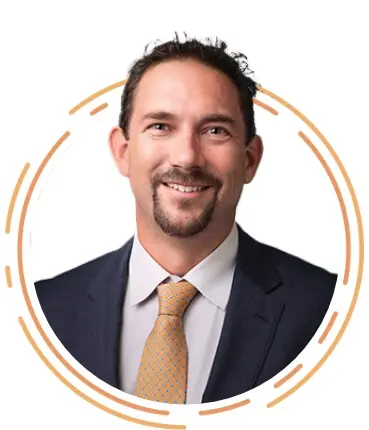
Shawn M Caracoza
Chief Operations Officer
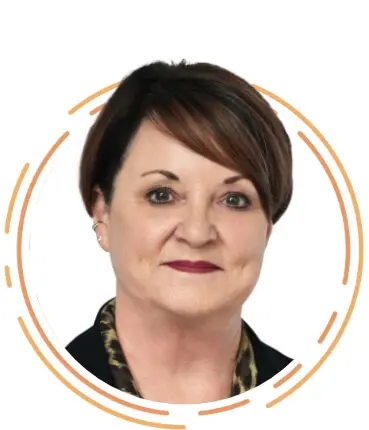
Becky Boone
Chief Human Resources Officer
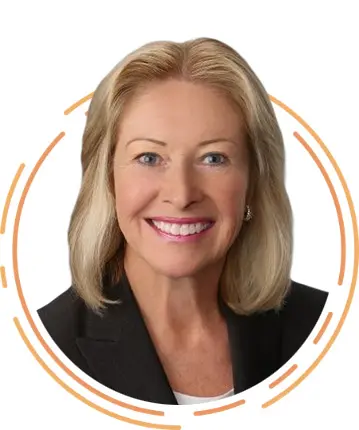
Mary Anne Chern
Chief Development Officer
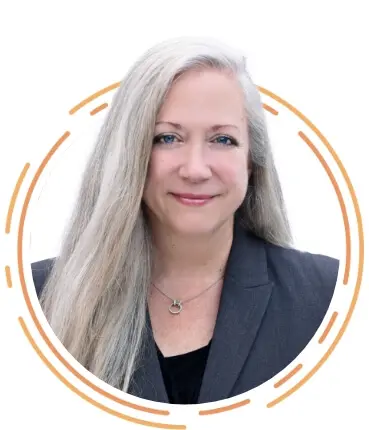
Laura Pancake
Chief Clinical Officer
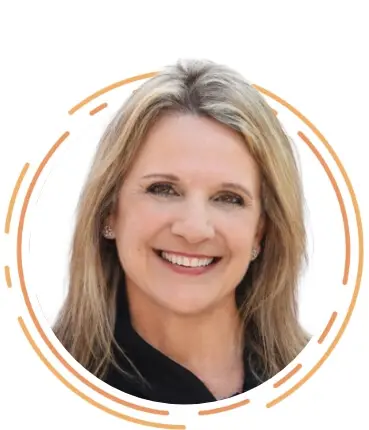
Kim M Wells
Chief Legal Officer
